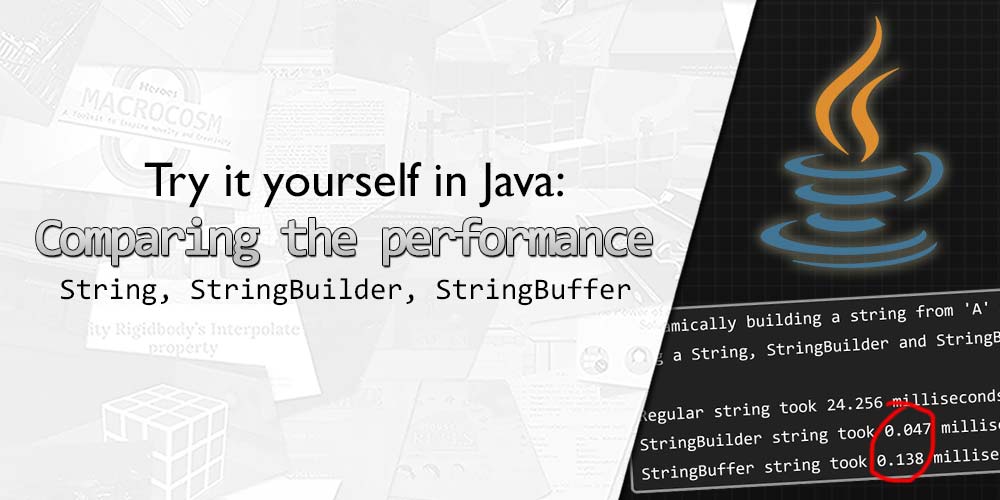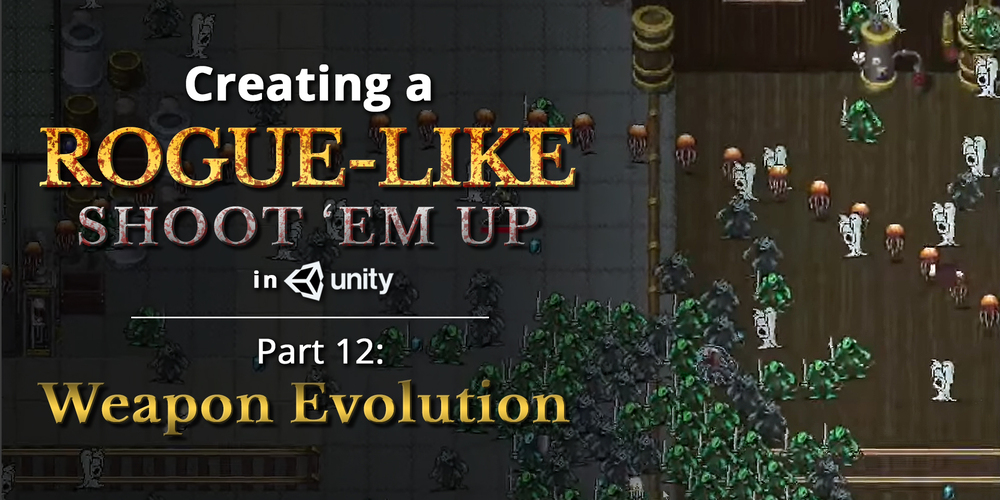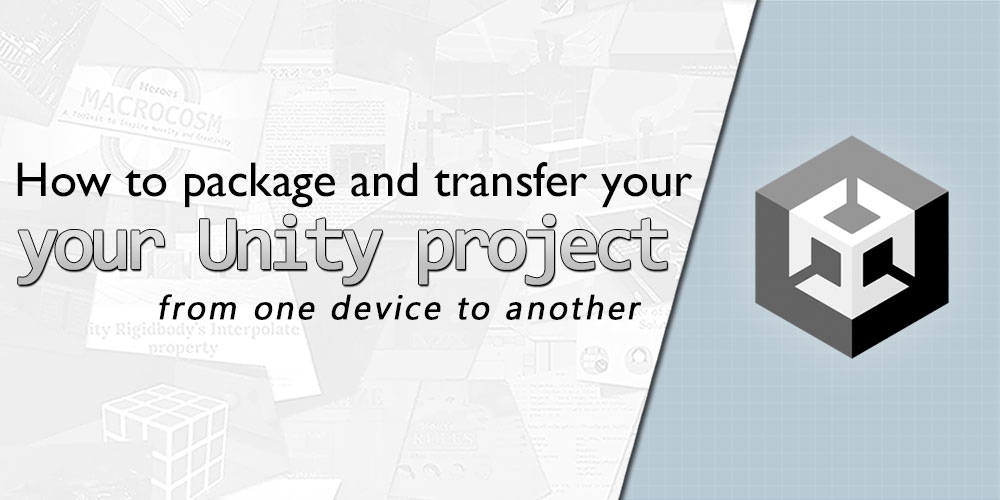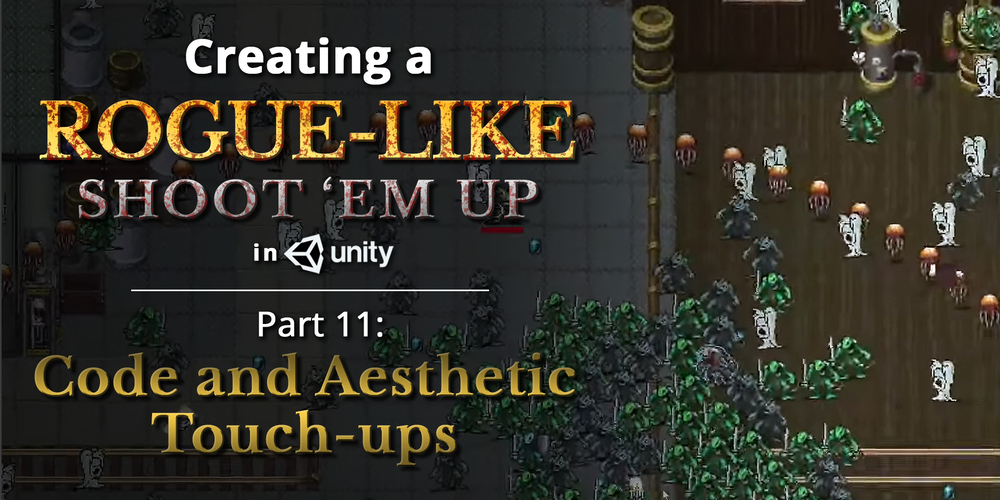8 June 2024: This article has been updated to correct some errors and missing information.
Here's the list of changes and bugfixes for Part 8 of the Metroidvania Series.
Welcome to Part 8 of our Metroidvania tutorial series, where we’ll take you on a journey through the development process of creating your own Metroidvania game, just like the widely popular Hollow Knight, in Unity!
 Unlock Content
Unlock Content




